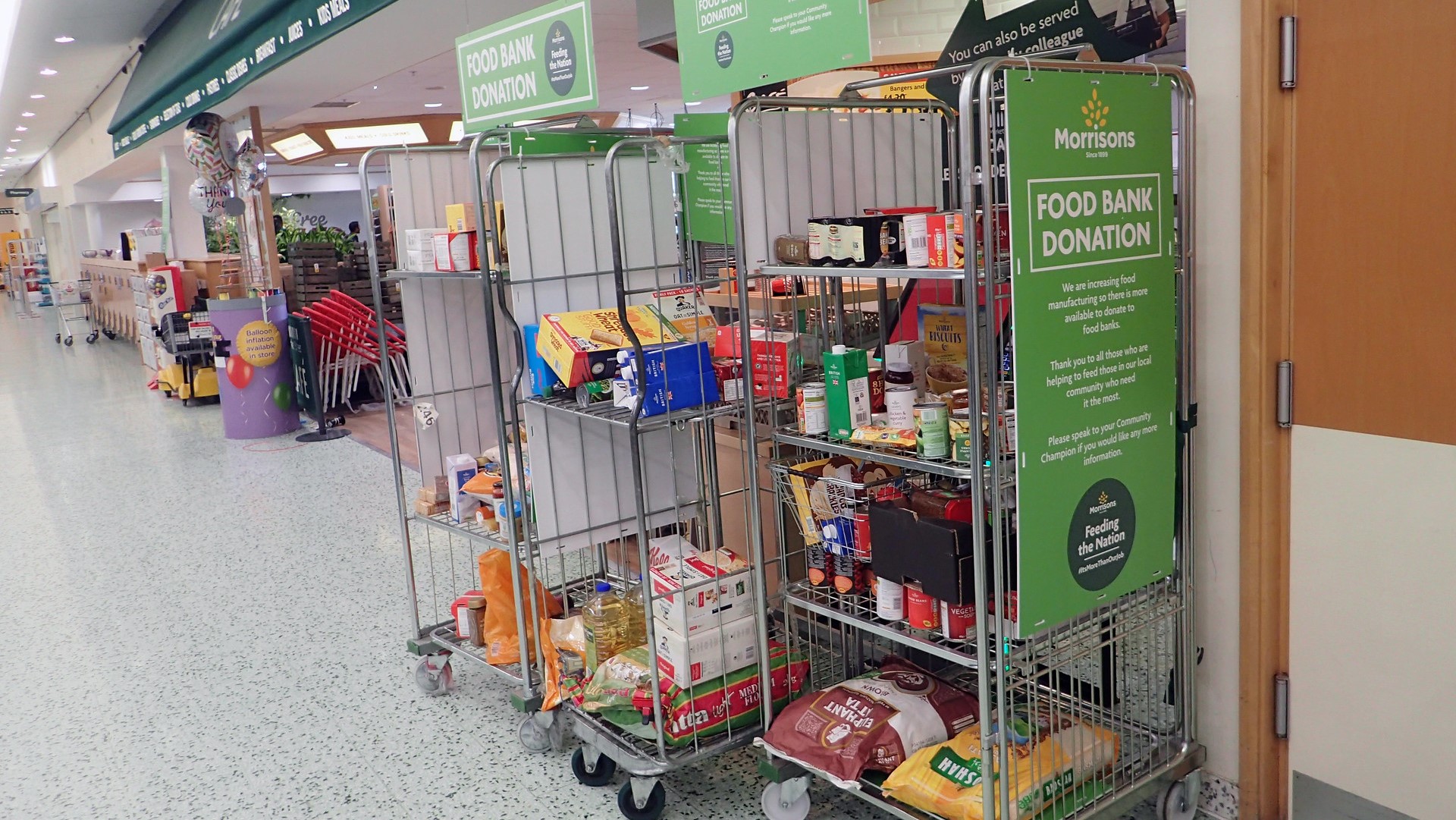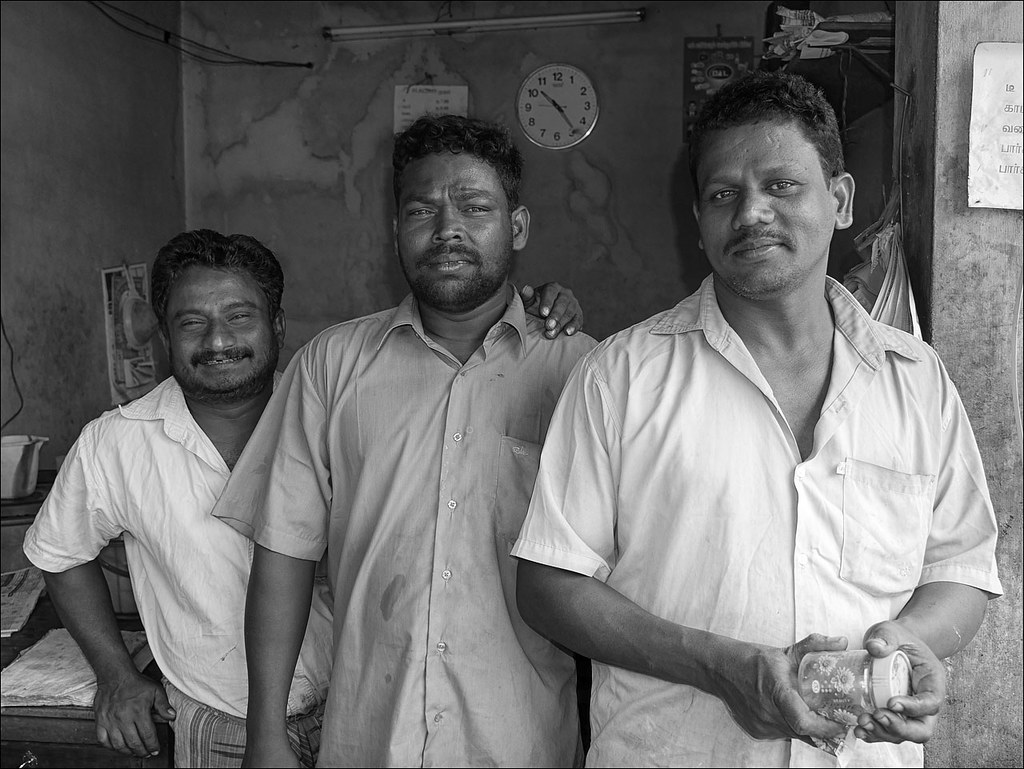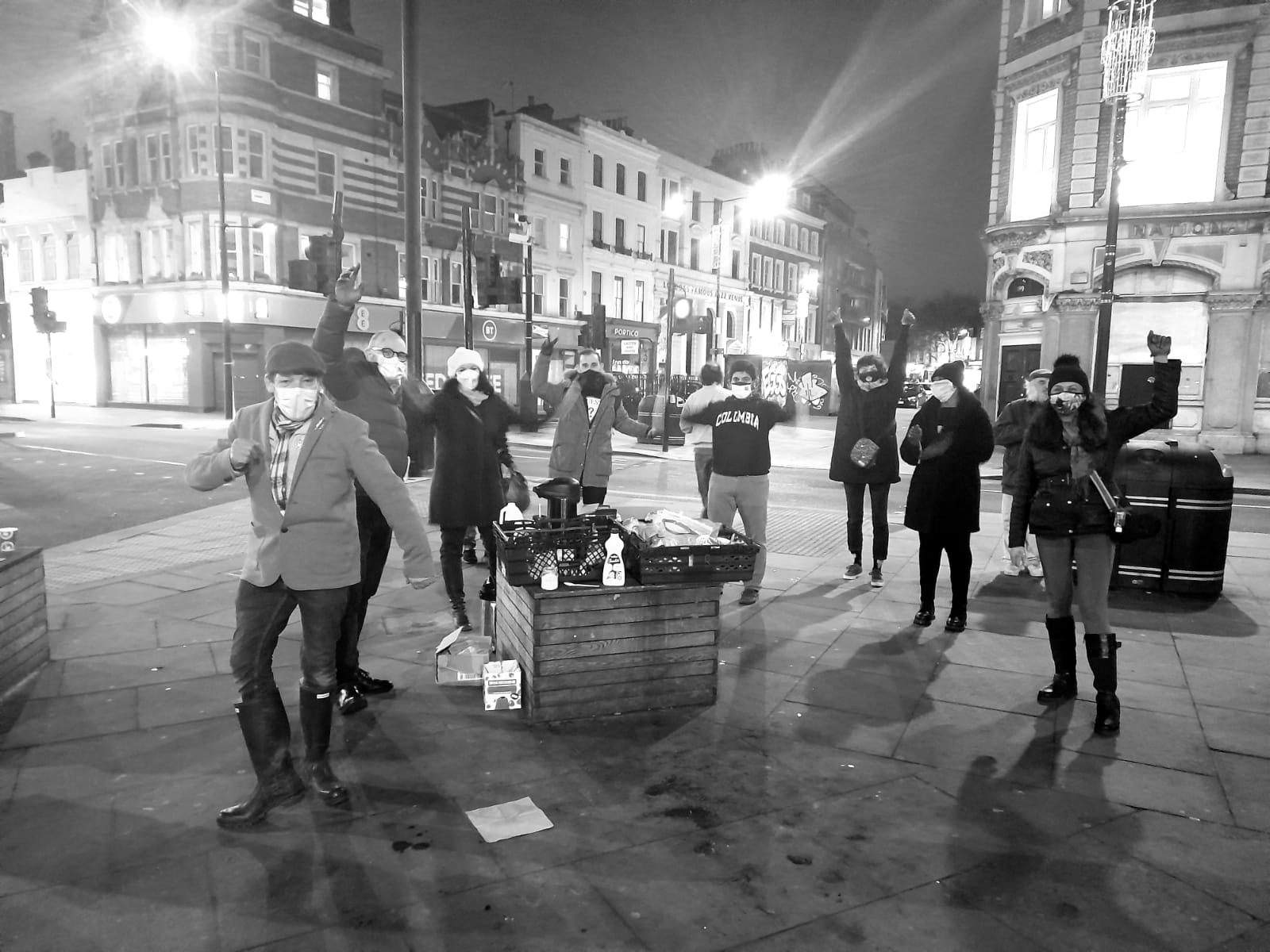Laura Treviño Lozano looks at recent corporate protective practices as a response to Covid-19 and suggests three key lessons worth considering by businesses in their future relations with workers, consumers, societies and communities.
The global pandemic Covid-19 has turned the world upside down. Although it is not nearly over, it has already taught all of us: businesses, States and civil society, lessons beyond the outbreak to correct market failures and reshape the global economy to be more inclusive and less of a pollutant.
Corporate responses to Covid-19 have ranged from philanthropic donations of essential goods – testing kits, hand sanitizer, face masks – and services, to protective measures geared towards safeguarding workers and consumers. Although it is unclear whether the latter measures resulted from a human rights due diligence process, it is undeniable that when companies face a pandemic there is a strong need to perform ‘ad hoc’ human rights due diligence and include its results within the business’ decision-making to cope with the situation. Due diligence processes will enable businesses to mitigate not only harm that their decisions could have on workers and consumers’ human rights, but to also mitigate adverse effects that the latter could be already experiencing as a result of the pandemic.
Different corporate protective practices that have been taking place globally as a response to Covid-19 suggest three key lessons that are worth considering by businesses in their future relations with their workers and consumers, as well as with society and the communities with which their operations interact.
- Businesses’ survival in the market depends on their resilience, which is based substantially on the extent to which they can address environmental and social needs. As in war times, companies around the world have stopped producing their regular products, but instead are using their factories and workforce to fabricate essential products.
In the garment industry, Gap has used its factories to produce face masks, gowns and scrubs for healthcare workers. The three automobile ‘giants’, General Motors, Ford and Tesla, offered their production capacity to build medical equipment for hospitals and artificial ventilators. Likewise, BYD, a car manufacturing company, became the major producer of face masks in China. Considerations of their own capacities to adapt need to be undertaken by current and future enterprises, for example, in reshaping their business models to address new global environmental challenges like climate change.
- The relationship between businesses and consumers based only on market forces is no longer acceptable. Free markets have created a range of distortions in the way that businesses operate and relate to their workers and consumers. In a global pandemic, such distortions and the need for intervention becomes even more evident. Interestingly, in the context of Covid-19, non-state actors, rather than States have intervened by setting limits to market rules. Limitations are the outcome of a shift in corporations’ focus from ‘business profit’ to ‘business plus social profit’. During Covid-19, enterprises within essential industries have adapted the supply of their goods and services to the most vulnerable consumers. They looked into the conditions of the consumer who will pay and needs those goods and services, rather than delivering them – according to market forces – to any consumer that will pay the highest price.
This adaptation of goods and services can be seen in the technology and food retail industries. Tech companies took control of the content of their digital platforms and restricted sellers to protect buyers. For example, Amazon and eBay banned rapacious sellers that overpriced thermometers and hand sanitizers, taking advantage of the shortage and people’s need. Likewise, food retailer chains restricted buyers to protect the most vulnerable consumers. In the UK, Tesco, Lidl and Sainsbury’s capped the number of items one customer could buy to enable equal distribution of essential products. Also, supermarkets modified their opening hours to give preference in the first hours exclusively to the elderly, which enabled them to have priority over other consumers to buy products that could be sold out later.
- The relationship between businesses and their workers based only on market forces is no longer acceptable. Businesses have the responsibility to protect their workers to prevent sickness, on one hand, and respect social security rights when workers fall ill, on the other.
There are a range of measures companies can undertake to protect their workers from infection. In the context of a pandemic, these measures will vary depending on factors such as the type of industry and size of the company. Business can protect their workforce by providing the necessary equipment, like facemasks and hand sanitizers, and enforcing distance between employees, including by switching from in-person to home-office work to avoid infection amongst their workers. Indeed, Covid-19 has forced many businesses into the world’s largest home-office experiment, aiming to both keep operations going and protect their workers from infection.
However, businesses can face big challenges to their responsibility to protect during a sanitary crisis. Food retail companies were called by the Institute for Human Rights and Business to provide safety equipment to their workers, establishing regular temperature check-ups and ‘outlining their plans’. Business must implement all possible measures to mitigate harmful effects on their workers and consumers and communicate them in a transparent way. Yet, there might be cases in which businesses, despite putting in all efforts, face extraordinary conditions beyond their control that impede them from undertaking ideal mitigating measures. Especially when these are businesses that provide essential services like food and pharmaceutical supply or health care. In such cases, they should communicate which efforts they undertook to implement ideal mitigating measures and which reasons hindered their implementation. For example, communicating all efforts made to buy facemasks to protect their workers, but the impossibility to provide them due to a global shortage of such item.
On the other hand, businesses must ensure their workers’ social security rights, which includes paid sick leave. During the outbreak, businesses have been shown to go beyond respect of social security rights. Some have implemented actions to mitigate the harmful effects of Covid-19 on their workers’ economies like financing anticipated salaries and supporting small suppliers from closing. Giovani Rana, an Italian company, increased wages of their workforce by 25%, giving them a surplus to cover outbreak expenses. Likewise, Unilever established a plan to protect its workers and ‘vulnerable’ suppliers from adverse economic impacts through extended credits and continuance in payment of contractors up to three months. In contrast, others implemented non-paid leave programmes. Alsea, a company that operates multinational brands like Starbucks, Domino’s Pizza and Burger King in Mexico, launched a ‘voluntary leave’ scheme for their workers for 30 days without payment. Although this programme was voluntary, it was heavily criticized by Mexican society, and even by its President, due to the lack of support to the workers that have made their profits possible.
Moreover, following the free market distortions, Covid-19 has exposed the vulnerable conditions of self-employed and gig workers. Although these workers are part of the formal economy – because they pay taxes – they lack social security rights because their relationship with businesses is not considered to be of the employer-employee type. ‘Gig’ workers like Uber drivers, Order in, or Mr D in South Africa and other countries have been unable to enjoy social security benefits during Covid-19. Such market distortion had both State and business intervention in some countries that provided them with social benefits, like paid sick-leave.
Covid-19 has confirmed that businesses’ accountability is no longer exclusive to their stakeholders but also to society. This pandemic has shown us that businesses are not only responsible for preventing negative impacts of their own activities but are also capable of addressing those derived from externalities, like a sanitary outbreak. People’s human rights to health, employment, education and development are being severely undermined by the coronavirus, and some companies have demonstrated the power and position to mitigate those effects even to the point of preventing workers and suppliers from falling under the poverty line in times of economic hardship.
The business responsibility-capability duality that we see in the three lessons above reaffirms several concepts in the business and human rights relationship. First, sustainable development goes beyond States. If we are willing to deliver on the Sustainable Development Goals by 2030, businesses need to be on board. Second, free markets create distortions that need intervention not only from States, but also from businesses themselves. This is an opportunity to respond beyond the outbreak by reshaping a more inclusive economy that is also less of a pollutant. Third, corporations’ existence will depend on their capacity to adapt their business to respect human rights. Finally, as Andrea Shemberg highlighted, businesses are essential components of society and can contribute way more than the UNGPs require them to undertake; because as John Ruggie affirmed, the UNGPs are not the end of the business and human rights challenges, but rather a landmark of the beginning.
Laura Treviño Lozano (@LaauTee) is MSc candidate Development Studies, lecturer of the International Human Rights Seminar, Universidad Panamericana, Mexico and former Head of the first Business and Human Rights Programme in Mexico’s National Human Rights Institution.
This article was first published on the Cambridge Core Blog.
The views expressed in this post are those of the author and in no way reflect those of the International Development LSE blog or the London School of Economics and Political Science.






It should not have taken a pandemic to make this obvious .